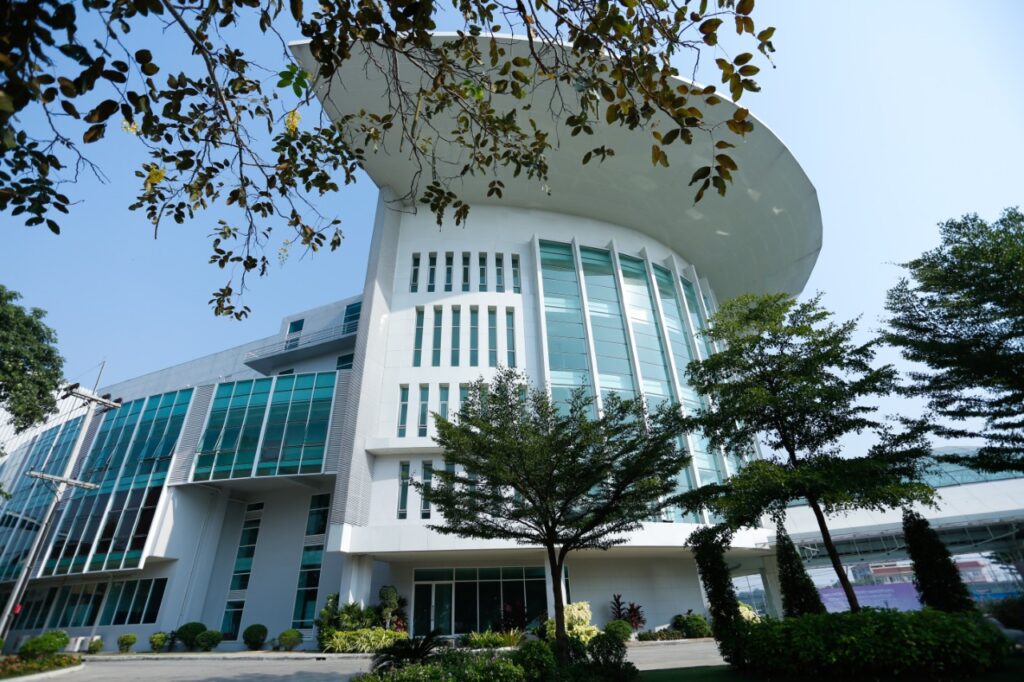
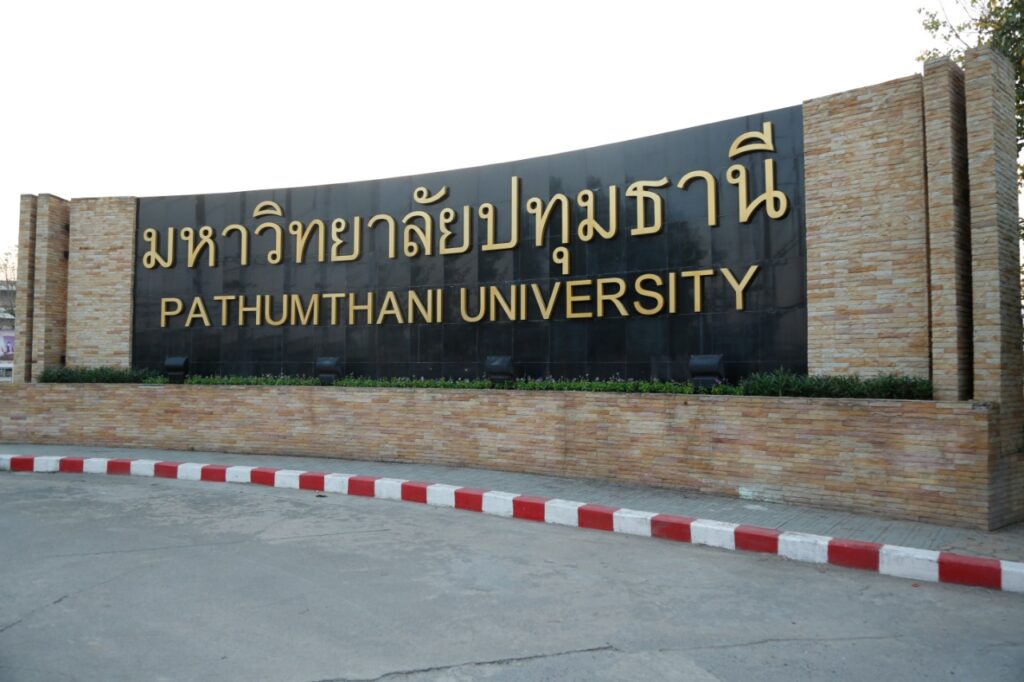

Pathumthani University (PTU) was established in 1999 is one of the most renowned private universities in Thailand proudly acclaimed by the Ministry of Higher Education as a prestigious institution. PTU is committed to academic excellence that can be applied globally to spread wisdom and build strong communities.
The vision of PTU is aspires to attain academic excellence in all the programs offered to the students with highly qualified faculty and dedicated staff who offer corporate training programs and industry experience. In this competitive global environment, the university strives to influence its programs and activities to match global standards. PTU cultivates global leaders who have the potential to contribute to the betterment of the national and global economy who serve for the larger good of society.
PTU is one of the leading private universities in Bangkok, Thailand. As a leading private university in Thailand, PTU is determined to position itself not only as a well-recognized academic institution offering innovative academic programs but also as a responsive provider of relevant and practical oriented continuing education courses for government agencies, NGOs and private sectors in the ASEAN, South Asia, and other countries in the Asia-Pacific region.

The training course curricula were developed based on research findings on capacity building needed to support development programs and projects in the Asia and Pacific region. Training topics and contents are carefully selected to ensure relevancy, appropriate and applicability under the participants’ local conditions. Our training services offered into two categories: International Master Courses and Customized Courses.


The International Master Courses are those training courses that were developed in response to the identified needs in the region. Each curriculum is designed to match the best to those needs in terms of both relevancy and applicability.
The Customized Courses are those courses developed and conducted specifically for a given group of participants with contents designed according to the terms of reference of their organization or sponsoring agency.
All courses highlight how technology is changing the work in which you are engaged and will provide you with tools and skills to navigate those changes.

Course Highlight
Strategic Human Resource Management and Business Leadership
Duration: 1 weeks
Course Fee: US$ 1,100.-
Participants: HR managers and senior professionals such as team leaders & line managers across all sectors, business partners in the functional areas of Human Resource Management
Course Brief:
The program aims to improve the knowledge, understanding and relevance of SHRM on the current changing global environment, build the skills and achieve the experience and attributes needed to succeed. The program is designed to learn the most relevant and up-to-date information to make participants gain a clear understanding of the essential role of strategic HRM and the critical role of leadership for the success of an organizations.
This professional development course will help the professionals learn about the tools and techniques used in developing HR strategies and create successful leadership at various operational level of the organizations. The training course will help the professionals to equip with the knowledge and skills that need to translate such strategic thinking into actionable outcomes and add value for efficiency and effectiveness of their organization.
Course Contents:
Introduction to Strategic HRM
Strategic Human Resource Planning in a changing business and organizational environment; Integrated approach to HRM & HRD in one’s Organizational context; Recruitment and Selection in the context of globalization and new-age technology
Business Leadership
Team Building & Team Management; Leading and Managing Change, Self-Management; Negotiation and People Management Skills; Conflict Management; Problem-Solving & Decision making
Performance Management
Performance Evaluation & Management; Creating high-worth employees through Training & defined learning; Restructuring and dealing with Redundancy
Study Visit
The exposure visits programs to various private & public institutions / organizations. The specific focus of the study visits is going to be human resource management and business leadership and other relevant organizations that implement and success in leadership management and capacity improvement initiatives will be integrated into the program.
Public Sector Financial Management & Good Governance


Duration: 1 weeks
Course Fee: US$ 1,100.-
Participants: Government Officers responsible for financial management of development / investment projects, Middle / Senior level State and Central Government Officials responsible for policy planning, formulations and implementation to cope with the new realities & challenges
Course Brief:
The public sector plays a very crucial role in formulating policy, strategy, administration and governance for national development. Right policies and proper administration enables effective implementation of the chosen interventions and ultimately better outcomes & benefits for its people. Effective governance in the public sector encourages better decision making and effective use of resources, strengthens accountability & desired outcomes. It is also characterized by robust scrutiny which leads to improvements in public sector performance, service delivery and eradicate corruption.
This professional development course is designed to address ways and means of effectively managing public finances to achieve desired results. The training program is going to focus on the concepts, context and various core functions of public sector financial management. It provides a theoretical and empirical background along with the practical knowledge through case analysis & study visits to various organizations in Thailand.
The program aims to takes a comparative and thematic approach to issues in public sector financial management and encourages participants to consider their relevance to their own countries and workplaces. The training program intend to emphasize on issues of effective public financial management as the cornerstone of good governance.
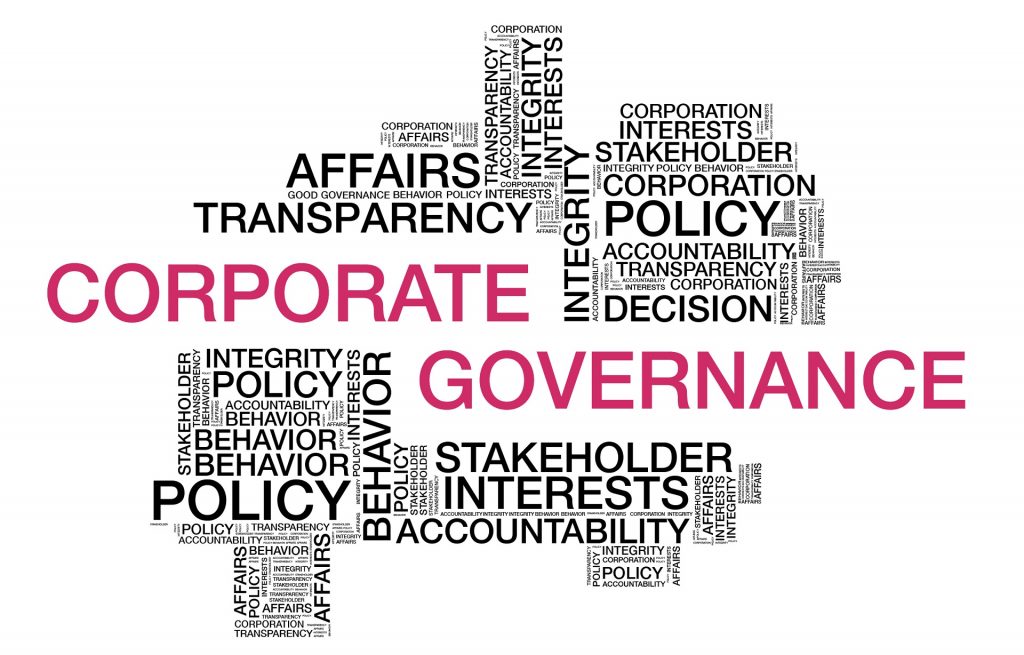
Course Contents:
Public Sector Management and Good Governance
Public sector reform and strategic management; Public-private partnerships and accountability under governance networks; Standards, measures and practices to enhance accountability in public services; Innovations in public service delivery
Public Financial Management
Improving public sector financial management; Performance-based budgeting system; Results-based financial management & auditing; Internal control and audits administration management, monitoring and evaluation
Building Effective Team
Building effective team, motivation and leadership; Result based performance management; Leadership and motivation challenges for decision making
Study Visit
Study visit to academic institution, government, business sectors that successful in financial and good governance management will be integrated into the program
Management & Implementation of Development Project
Duration: 2 weeks
Course Fee: US$ 1,800.-
Participants: This course targets development professionals who work in various development projects, individuals new to project management and development sector and those professionals who want to grow their career in project management
Course Brief:
The term ‘Project Management’ is used to describe the activities and decision-making procedures used during the life cycle of a project. It is usually understood as having several distinct phases, such as identification, formulation, implementation, monitoring and evaluation. Project Management helps to ensure several outcomes: that projects are supportive of overarching policy objectives of development agencies and their development partners; that projects are relevant to an agreed strategy and to the real problems of target groups and beneficiaries; that projects are feasible, meaning that objectives are realistic, and can be realized within the constraints of the operating environment and capabilities of the implementing agencies; and that benefits generated by projects are likely to be sustainable. The main objective of this professional development course is to enhance the understanding, skills and capacity of participants on Project Cycle Management, Monitoring, & successful Implementation.
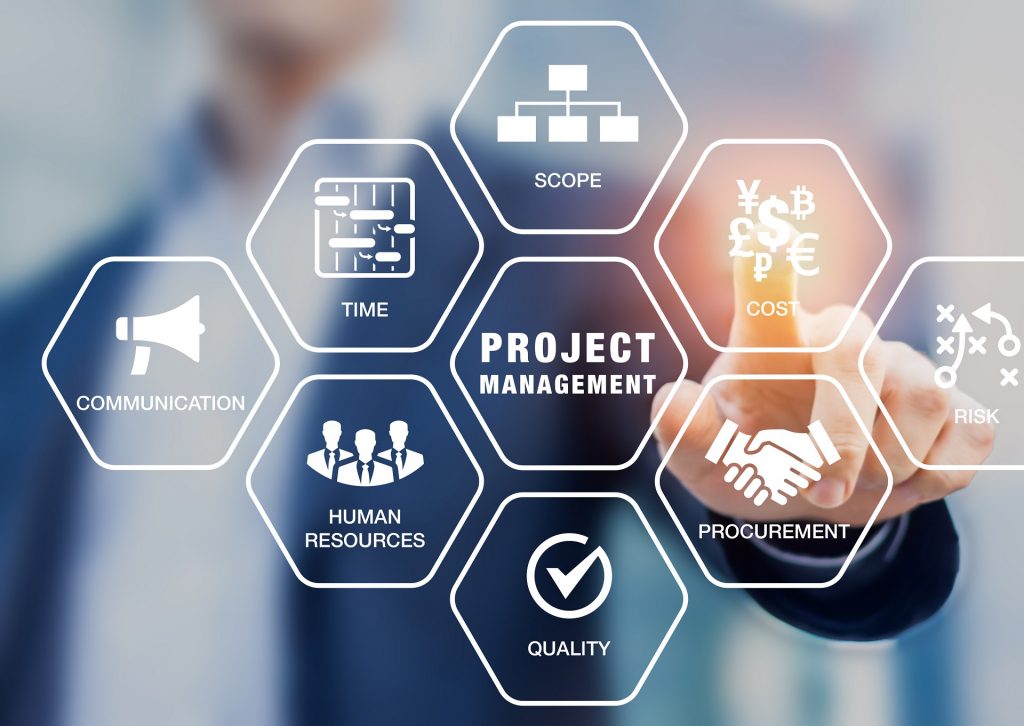
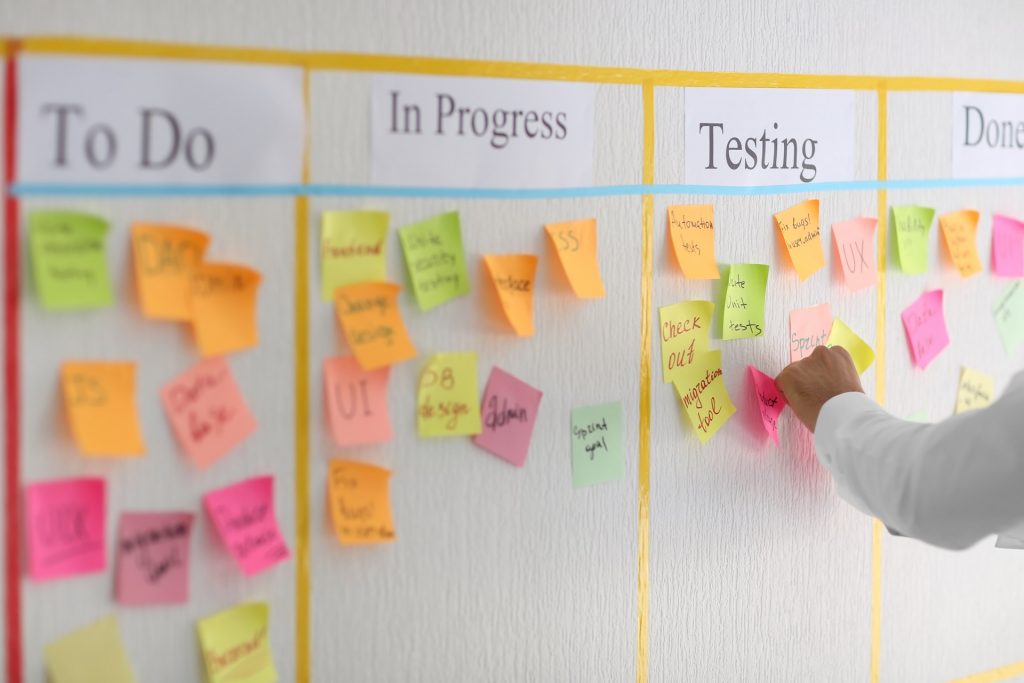
Course Contents:
Project Management; An overview
Introduction to project management; Project management cycle; Identification and design of the project; Project selection and appraisal; Planning: finance, budgeting & various resources
Project Implementation & Control
Project implementation: Scope & limitations; Logical framework analysis (LFA); Scheduling & Time management; Project performance monitoring; Project risk management; Stakeholders management
Monitoring & Evaluation
Objectives & purpose of monitoring and evaluation; Performance monitoring and measurement; Review & reporting techniques; Project performance audit report (PPAR); Project completion report
Management Skills for Project Managers
Developing successful project team; Negotiation, Communication & Problem solving; Challenges of a project manager; Leadership skills for project managers
Advanced Management of Training Centers


Duration: 2 weeks
Course Fee: US$ 1,800.-
Participants: Directors of training centers, training and development managers, training officers, HRD personnel.
Course Brief:
This course aims to upgrade knowledge and enhance skills of present and prospective training center directors and training managers in leadership and management of training center activities, services and resources for improved organizational performance.
This two-week professional development course focuses on training center management and development particularly in the areas of leadership, strategic management, resource management, trainer and training staff development, quality assurance of the training process and application of information and communication technologies in training center management. It will benefit all management and operational staff involved in the management of training function in private and public organizations and NGOs.
Course Contents:
Strategic Planning of a Training Center
Organizational structure and functions of a training center; reviewing and aligning the center’s missions and goals; environmental scan and SWOT analysis; organizational and individual training needs analysis; strategic training planning for the center and the organization; key performance indicators of the center; monitoring and evaluation.
Professional Development of Trainers and Training Staff
Training staff competency profile and mapping; Training team roles and job responsibilities; Staff training needs assessment; Design and implementation of training staff development programs; Coaching and supervision; Performance appraisal and career path.
Quality Assurance and Evaluation of Training
Quality assurance concepts and principles; Quality assurance of the training process; Utilizing training evaluation results for quality improvement; total quality management; Accreditation of training centers.
ICT Application in Training Center Management
Interactive multimedia for training delivery; E-learning application in training delivery; IT application in managing the training function; IT management.
Study Visits
Study visits to prestigious training centers in government and private agencies and NGOs to provide exposure and opportunity for participants to observe best practices in training center management in Thailand.
Finance for Non-Finance Manager in Asia
Duration: 1 weeks
Course Fee: US$ 1,100.-
Participants: Business owners, entrepreneurs, non-finance managers / executives and who wants to learn about finance
Course Brief:
Business entrepreneurs, CEOs, Executives and Managers should have a sound knowledge on key parameters of financial management to take best business decision impacting strong financial health of the organization. Without having a proper understanding many ‘non-financial’ managers took some wrong decisions resulting negative consequences for the business unit & organization. Every CEO / executives / managers should have a greater understanding of the finances which ultimately help to take the right decision in management & success of the organization.

A manager should have accounting skills, budgeting skills, financial ratio analysis, financial statement interpretation and then be able to combine all those skills to make sensible and well-informed business decisions. In essence, non-financial managers need to acquire the financial skills that empower them to exhibit better all-round business acumen.
This finance for non-finance manager will introduce the key concepts of finance that contribute to the success of the business.
Course Contents:
Budget Planning & Financial Management
Overview of budget planning; Overview of organization financial management; Analyzing the balance sheet; profit & loss
Budget Monitoring & Accounting Rules
Analyzing trends in financial flows; Budget monitoring and cash flow management; Working capital management
Tools for Management Decisions
Procurement principles; procedures & decision; Financial environment & Global financial crisis; Financial discipline during crisis; Team, Motivation and Leadership
Study Visit
Study visit to academic institution, government, business sectors that successful in financing and budgeting management will be integrated into the program
Managing Organizational Change: Integrating Agile for Transformation

Duration: 2 weeks
Course Fee: US$ 1,800.-
Participants: Top/Senior Managers from public and private organizations in functional areas of HR, finance, marketing, production and development. Other professionals such as subject matter experts, project managers, IT professionals leading or facilitating change process in their organization
Course Brief:
The pressure and need for Change is increasingly felt by all organizations across sectors with the advent of new technology, globalization, stiff competition, uncertainties and unforeseen challenges in the 21st century. The current environment is best described by the Acronym: VUCA (Volatile, Uncertain, Complex and Ambiguous). The need for change, paradoxically, is no longer of one’s choice, but a compulsion and necessity to be able to survive and thrive.
Change management is a complex process, as it necessitates the understanding of the change process as to how it could affect the current equilibrium within the Organization, and why is it necessary to destabilize the current equilibrium to deal with the fast moving changes in the business and administrative environments. The change implementation will ensure the success and the profitability of the organization and its employees to be able to retain their jobs in the future.
The program is designed to equip participants with the necessary knowledge, skills, tools and techniques to plan, strategize, lead, implement, handle the transition process in positive ways, in managing effective Organizational Changes, and evaluating the initiated Change in a step-by-step process.

Course Contents:
Understanding the need for Change and Integrating Agile for Transformation
Analyzing the need for Change; Selecting the required/needed Types of changes
The Present vs. the Desired State
Strategic planning for change; Strategy, Structure, Systems in the context of planned Change; Organization values, norms, and beliefs (Organization culture) in the context of planned Change
Ensuring Organization’s Readiness for Change
Transformation Planning, Establishing a ‘task-force’ for Change Management; Contingency analysis: Risk assessment and counter-measures; Communicating planning & Strategy to the key stakeholders

Managing Transition
Dealing with employee-resistance and Morale; Communication, Negotiation and Conflict management; Reorganizing work activities; outsourcing, horizontal and vertical integration; Periodic Monitoring, measuring progress & fine tuning
Leading Change & Leadership Skills
Skills of a change-agent; Building ‘effective-teams’ for managing change; Leadership in the context of Change-management; Evaluating the effectiveness of a Change program.
Innovation in Corporate Culture – How to lead change in a VUCA Environment

Duration: 1 weeks
Course Fee: US$ 1,100.-
Participants: Managers, Executives of Operations, Management, Leadership and Decision Making
Course Brief:
Today’s uncertain world therefore poses huge challenge to business leaders around the world. Leaders and Managers not only need to know their organizations inside and out, but it is critical to have a greater understanding of the external environment. It is necessary to set performance targets and objectives, envision the pathways to achieve goals with peak performance in this VUCA world.
The program is designed to enlighten the participants on most relevant and up-to-date information on VUCA environment, need for the organization to change and transform. The training course is going to focus on the innovations, team building & leadership skills required to navigate the uncertainties and unknown territories.

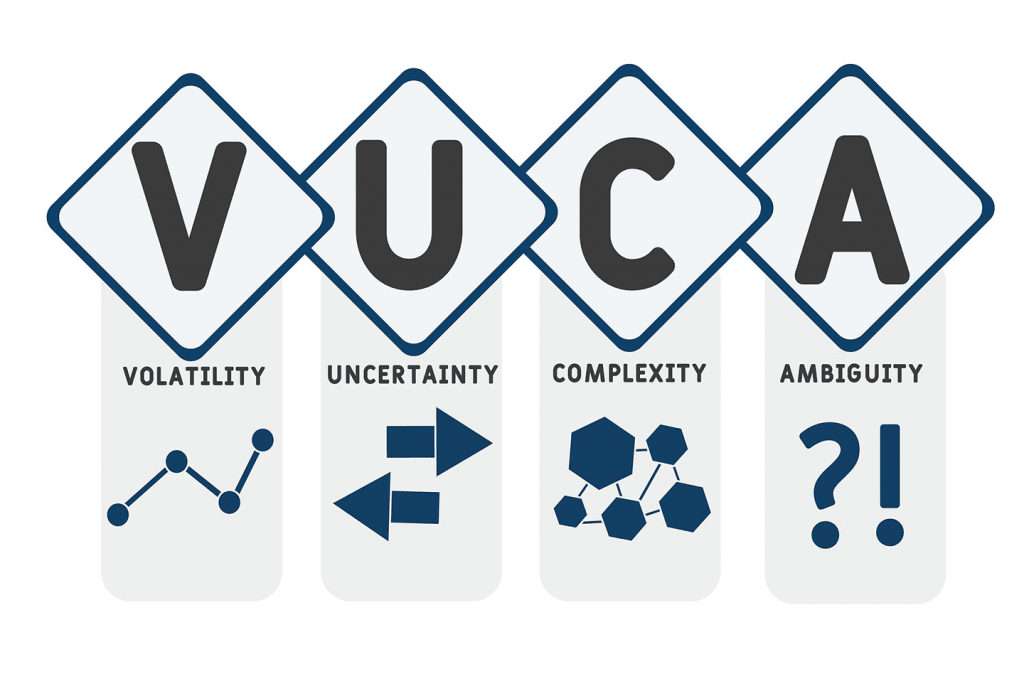
Course Contents:
Strategic Management in the VUCA World
VUCA World: Leadership skills & strategies; Managing strategy in a VUCA world; Agile people management in VUCA environments; Role of Innovation in a VUCA World
Understanding Leadership and Organizational Change
Organizational change management; Leadership organizational change in VUCA environment; Communication and persuasion in the digital age
Effective Team Management and Motivation
Leadership and motivation skills; Problem solving and decision making; Performance management; Building effective team
Overcoming barriers & creating conducive environment to implement change
The challenge to change; Overcoming barriers to change; Pushing people vs. removing barriers; Creating conductive environment for change
Learning Management System (LMS) and On-Line Learning in Education

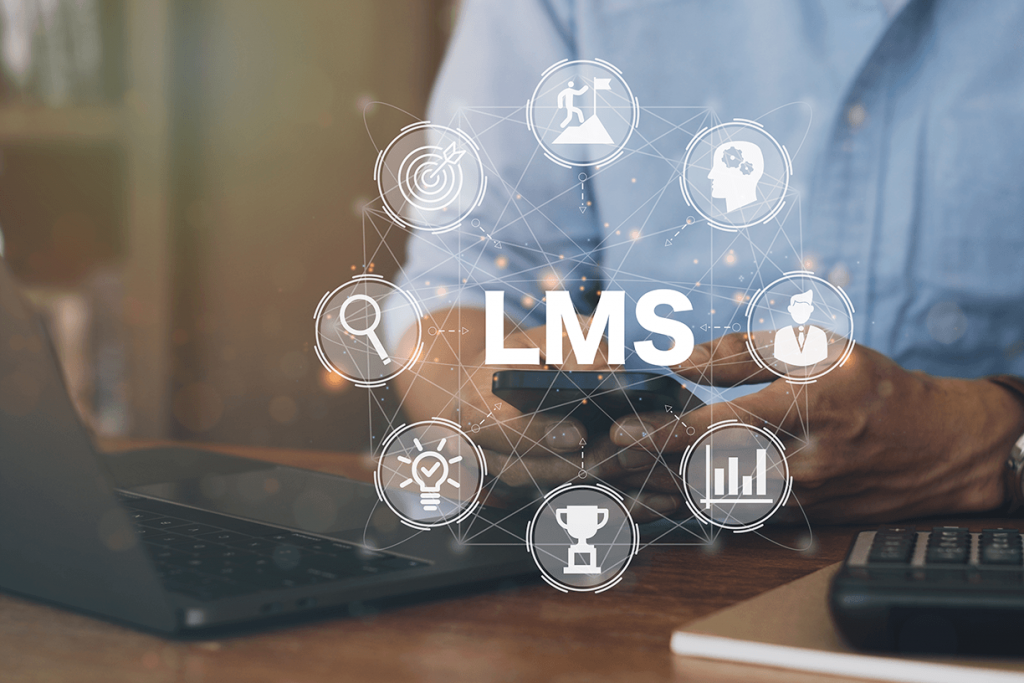
Duration: 1 weeks
Course Fee: US$ 1,100.-
Participants: Principals, school district directors and administrators, education policy makers and executives
Course Brief:
Educational technology and e-learning can occur in or out of the classroom. It can be self-paced, asynchronous learning or may be instructor-led, synchronous learning. It is suited to distance learning and in conjunction with face-to-face teaching, which is termed blended learning. Educational technology is used by learners and educators in homes, schools and higher education, businesses, and other settings.
Teaching in schools today are likely to develop along the path of the current technology in adopting using the advanced technology by conveying knowledge to the discovery, development and creative teaching materials in different formats for the learning of the students, although not in classroom, but also can have the ability to learn independently. If agencies/institutes cannot keep pace with the technology it will make the work of agencies/institutes do not meet the set target.
This professional development course aims to enhance the knowledge and skills of the professional development of education officials in the areas of ICT applications of Learning Management System (LMS) and On-line learning in education.
Course Contents:
Education Management Information System
Overview on education information system in Thailand; ICT in education initiatives in the education system; Trends and development in multimedia and interactive instructional technology
Instructional Materials of Teaching and Learning
Overview of teaching aids (software, hardware, and techniques & methods); Overview on LMS, E-learning book, E-lecture notes, Virtual Classroom, and On-line learning
ICT Tools for 21st Century Learners
LMS and E-leaning applications and tools; Cloud Computing; Computer Based Learning; Web Based Learning; Evolution of Courseware (Multimedia courseware, Rapid courseware, Social Media Based courseware); Open Courseware, Open Educational Resources (OER), and Massive Open Online Course (MOOC)
Strategic Environmental Assessment and Environmental Auditing for Infrastructure Project
Duration: 2 weeks
Course Fee: US$ 1,800.-
Participants: The participants can be from different governmental and non-governmental organizations as well as academic institutions and universities who seek to broaden their knowledge and improve their skills in the key functions of strategic environmental assessment and environmental auditing as well as those who are responsible for assessment and auditing environment impact
Course Brief:
Strategic Environmental Assessment (SEA) is a set of analytical and participatory processes for incorporating environmental considerations, at early stages of decision making, into policies, plans, and programs that affect natural resources. SEA evaluates, at the highest strategic level, a project’s environmental impacts in the context of social and economic factors. This extends traditional Environmental Impact Assessments (EIA), which focus solely on physical environmental impacts. SEA fosters and provides critical systematic considerations.
This professional development course is design to help the professionals learn about the Environmental Impact Assessment in the Infrastructure Context. The aims at promoting the use of strategic environmental assessment (SEA) and environmental auditing as essential tools for supporting environmentally sustainable planning and economic development.


Course Contents:
Introduction to Strategic Environmental Assessment and Environmental Auditing
The Aims and Scope of SEA & EA; Major Trends and Challenges; Principles of Good Practices; Steps and Elements of the SEA Process; Emerging Directions
Environmental Impact Assessment (EIA) and Environmental Auditing (EA)
Understanding Environmental Site Assessment: The All Appropriate Inquiry; The EIA and EA in the Project Cycle; Methodologies for Predicting Impact in an EIA; Building an Effective Environmental Auditing
Environmental Management Systems Implementation for Infrastructure Projects
Environmental Management Systems Models; Environmental Management Systems Implementation Process; Sustainable Infrastructure Implementation of Environmental Management; Environmental Inspection and Reporting Requirements
ISO 14001 Environment Management System
An Overview of ISO 14001 – Requirements with Guidance of Use; ISO 14001 to Future Proof Infrastructure Projects; The Process to Get Certified to the ISO 14001
List of Professional Development Training Courses:
Human Capital Management
– Strategic Human Resource Management and Business Leadership
– Managing Organization Change: Integrating Agile for Transformation
– Performance Management in the Public Sector
– Innovation in Corporate Culture – How to lead change in a VUCA Environment
– Public Sector Financial Management and Good Governance
– Effective Management Skills and Leadership
– Advanced Management of Training Center

Project Management

– Project Management and Administration
– Project Planning, Management, Monitoring and Evaluation
– Project Management of Industrial Development
– Project Risk and Contract Management
– Management & Implementation of Development Project
Agriculture & Water Resources Management
– Agriculture Product Marketing and Agriculture Commercialization
– Agriculture Commercialization and Marketing
– Sustainable Agriculture Market Operation & Management
– Innovation Irrigation Management
– River Improvement and Environmental Management
– Effective Water Resource Management and Public Service Delivery

Education Development

– ICT Education Policy Planning and Implementation
– LMS and Online Learning in Education
– Effective Leadership and Management of Education Institutions
– Training Needs Assessment and Curriculum Development Process
Banking & Financial Management
– Financial Management
– Finance for Non-Finance Manager in Asia
– Financial Auditing and Risk Management
– Public Sector Financial Management and Auditing
– Effective Planning and Management of Microfinance Institutions
– Design Thinking in Banking Sectors

Business Development & Others
– Small and Medium Enterprises Management and Development
– Enterprise Leadership Transformation
– Women Entrepreneurship Development and Management
– Strategic Environmental Assessment and Environmental Auditing for Infrastructure Projects

Contact Person:
To apply for these programs and for more information, please contact below to discuss the application procedure and other details:
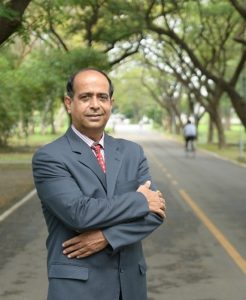
Dr. Pradeep Kumar Dash
Training and Organizational Development Consultant
PTU Professional Development Training Center
Pathumthani University
Mobile: +66 89 7659225
Email: [email protected], [email protected]

Ms. Kanlaya Muangsan
Training Specialist
PTU Professional Development Training Center
Pathumthani University
Mobile: +66 81 2080146
Email: [email protected], [email protected]

